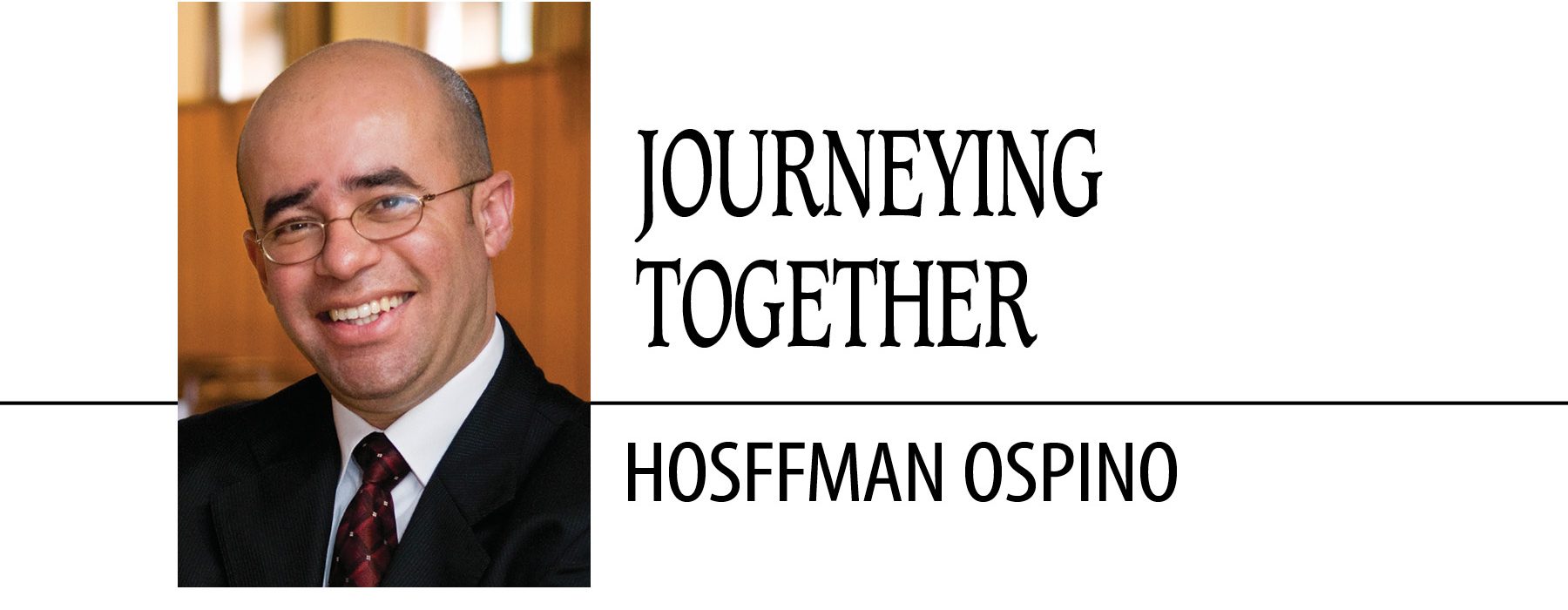July 21, 2022 // Perspective
To rest is to be human
“Workaholic,” “productive,” “unstoppable,” “24/7,” “busy bee,” “overachiever,” etc. These words and expressions, and others similar, have come to be omnipresent in our everyday vocabulary. We often feel proud when identified with them.
Common words and expressions often reflect the character of a culture. What do the above terms say about who we are? For some, they point to the human drive to do, achieve and produce. We want to change things; transform them whenever possible. We want to be known for doing something.
For others, those words are reminders of the frenzy of a society that seems to have lost the sense of pacing itself while longing for constant outputs. We seem to have forgotten when to stop. Our outcomes define us; without them we feel incomplete.
Being aware of our natural drive to do things and to achieve, which is something good, must be balanced with the sobering realization that we are more than what we do and produce, also something good. A sense of joy inhabits somewhere in between these two realities.
Catholics have a long tradition of affirming the importance of rest. Such tradition is grounded in the Scriptures themselves. In the first chapter of Genesis, we find God resting on the seventh day after creating all that exists. What a beautiful image!
Does God need rest? Was God tired? We can speculate at infinitum, but that is not the point. God rested and contemplated. God rejoiced. On the seventh day, we encounter a God who finds joy in being a God who rests.
The Hebrew biblical tradition reminds us of the importance of moments of rest, also dedicated to honor God: the Sabbath day, the seventh year after working the land during the previous six years, the jubilee after 49 years of labor, etc. God rests. The workers rest. The land rests.
I love those Gospel passages that portray Jesus resting: He takes time away from the crowds, retreats with His friends, seeks moments of silence and sleeps.
Christians throughout the centuries have affirmed the importance of rest. Societies with a strong Catholic influence are known for having more holidays. In Latin America, religious and secular holidays are days of rest and simultaneously occasions for fiesta. The term holiday in Spanish is “festivo,” a festive day.
Resting is an act of justice toward ourselves and others – and the created order. We are not machines and should resist treating ourselves or be treated as such. We must not deny the humanity of others by denying them their rest. We are human and thus we must rest. To rest is an act of love for ourselves and others – and the created order.
I must confess that I am among those who derives much pleasure putting in extra hours of work, producing something new regularly, sometimes sacrificing necessary rest. The first person who needs conversion in light of this reflection is me.
We need to grow more in our appreciation of the need and wisdom of resting. Sometimes we need to understand that it is ok to say, “I am tired and need some rest.” Being tired does not make us less human. To the contrary, needing rest reminds us of how human we are.
To appreciate the value of rest, we need each other’s support. This is exactly why being part of a community is important. Not only do we need others to remind us that we need to rest, but we grow as human beings as we rest with our families and friends. We grow as we rest with the created order. Let’s make sure to find the time to rest.
Ospino is professor of theology and religious education at Boston College.
The best news. Delivered to your inbox.
Subscribe to our mailing list today.






